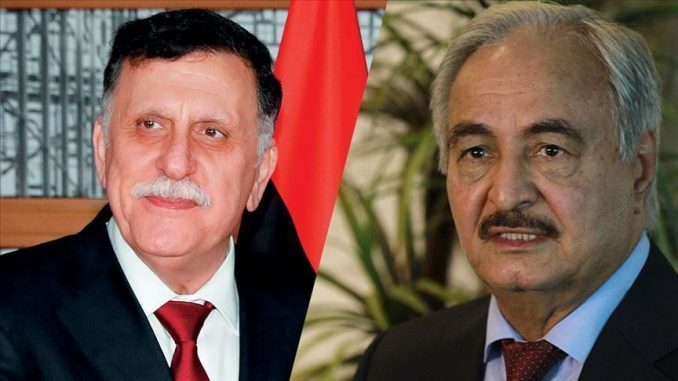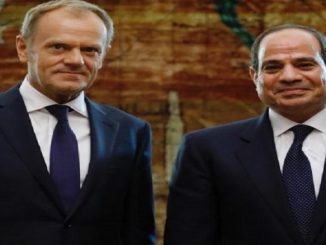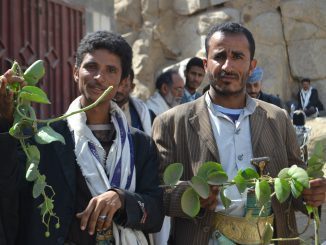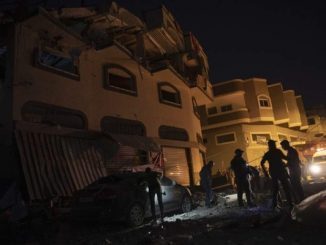
UN has proposed second round of negotiations for 18 February
The U.N.-sponsored peace talks between Libya’s internationally recognized Government of National Accord (GNA) and putschist Gen. Khalifa Haftar this week ended on Saturday without reaching a cease-fire, while the U.N. has proposed a second round of negotiations for Feb.18.
“As both sides agreed to the need to continue the negotiations in order to reach a comprehensive cease-fire agreement, the (U.N. mission) has proposed 18 February 2020, as the date for a new round of talks” in Geneva, the U.N. said after no deal was reached in the first round.
UN Libya envoy Ghassan Salame earlier said the two sides agreed on the need to turn their truce into a full ceasefire, but there were “points of divergence”.
There was no immediate comment from either side in the conflict, Reuters said.
The first round of talks of the Libyan 5+5 Joint Military Commission (JMC), which had started on Monday, Feb. 3, concluded this afternoon at the Palais des Nations (Geneva) in the presence of the U.N.’s Libyan special representative Ghassan Salame, the U.N. stated on Saturday.
While the U.N. announced that “a full understanding could not be reached on optimal ways to restore normalcy to conflict affected areas,” it further reminded of the importance of maintaining the truce that had been announced on Jan.12 this year and to refrain from violating it.
Fighting has continued on the ground despite a call for a truce by Turkey and Russia starting on Jan. 12 and an international summit on Libya in Berlin on Jan. 19 aimed at reducing international interference.
Five senior officers from the UN-recognized Government of National Accord (GNA) and five appointed by Haftar took part in the talks as part of a “military commission” set up in broader peace negotiations.
At a summit in Berlin last month, world leaders committed to ending all foreign interference in the country and to uphold a weapons embargo to help end the long-running civil war.
The UN gave no update on efforts to end a blockade of major oil ports and oilfields by forces and tribesmen loyal to Haftar.
On Thursday, the UN’s Salame said he had talked to tribesmen behind the blockade and was awaiting their demands.
State oil firm NOC, which is based in Tripoli and serves the whole country, sends oil revenue to the central bank, which mainly works with the Tripoli government, although it also pays some civil servants in the east.
Libya’s oil production has plunged by about three-quarters since forces loyal to Haftar began their blockade, the NOC said late last month.
He also said the blockade will be at the top of the agenda at a meeting in Cairo on Sunday between representatives from eastern, western and southern Libya seeking to overcome economic divisions in a country with two governments.
There are three tracks determined in the application of the Berlin conference’s conclusions reached on Jan. 19. The first one was the military track, which brought together five senior military officers from Haftar’s so-called Libyan National Army and five representatives aligned with the internationally recognized GNA. The second track, which is the economic and financial track, will be held in Cairo on Feb. 9 while the third political track will start on Feb.26.
Despite the efforts for a peace deal in the war-torn country, forces loyal to Haftar continued to harm and kill civilians while the latest attack last week killed three, two of them children.
Meanwhile, the U.S. embassy in Libya warned of an “imminent” attack and renewed military assaults in the country, saying that the warring parties were preparing for military steps.



